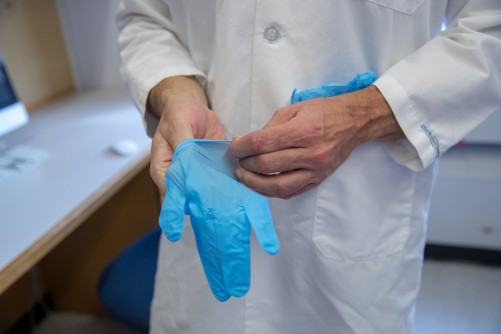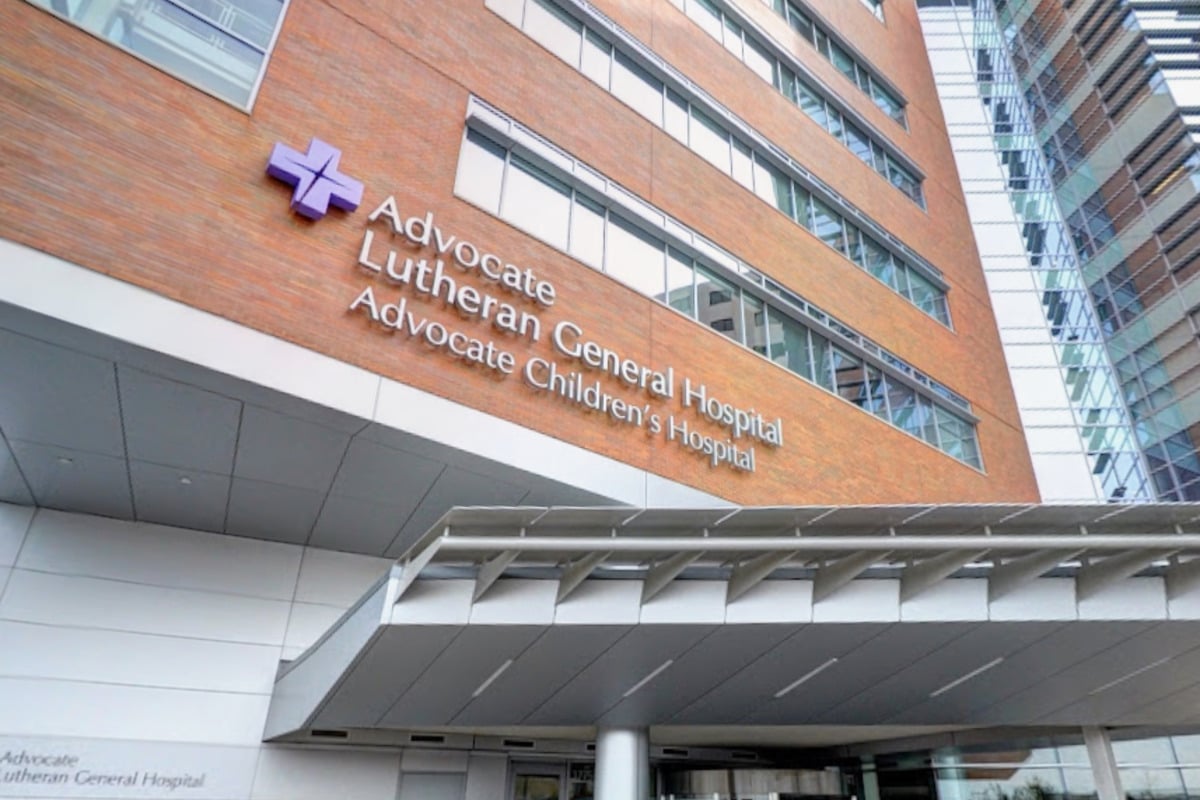
Newswise — New York, NY (July 1, 2025) – A recent review article in The New England Journal of Medicine has cast a spotlight on the critical yet often misunderstood field of forensic pathology. Published on July 3, the article underscores the vital role forensic pathologists play in public health and medical research, beyond the dramatized portrayals seen on television.
Dr. Rebecca Folkerth, a Principal Core Scientist with the Neuropathology Brain Bank and a faculty member at Mount Sinai, led the review. She emphasized the broad scope of forensic pathology, stating, “While forensic pathology does involve autopsy examinations, our role extends to monitoring public health threats and contributing to the justice system with objective facts.”
The Multifaceted Role of Forensic Pathologists
Forensic pathologists are highly trained physicians certified by the American Board of Pathology, following extensive postdoctoral training. In the United States, they must complete at least three years in an accredited anatomical pathology program, followed by a year in forensic pathology. Despite their critical role, there are only 50 accredited forensic pathology training programs nationwide.
Importantly, forensic pathologists maintain independence from law enforcement and the courts, allowing them to provide unbiased evaluations. They are often the last physicians to examine individuals who have died unexpectedly or violently, offering crucial support to grieving families and contributing to public health data.
Collaboration with Medical Research
At Mount Sinai’s Traumatic Brain Injury Research Center, researchers like Dr. Kristen Dams-O’Connor are working to identify biomarkers for traumatic brain injury (TBI). “Our forensic pathology colleagues are essential partners,” she noted. “They help us understand the long-term effects of TBI by examining brain tissue postmortem.”
“Forensic pathologists provide that important bridge between the family and the science.” — Dr. Kristen Dams-O’Connor
This collaboration is pivotal in developing tests that could monitor and prevent negative outcomes in living individuals with TBI, advancing the understanding of neurodegeneration, including conditions like Alzheimer’s disease.
Impact on Public Health and Safety
Forensic pathologists also play a crucial role in public health by contributing to vital statistics needed for disease tracking and resource allocation. Their expertise was particularly evident during the COVID-19 pandemic when offices like the New York chief medical examiner’s served as disaster mortuaries, managing overwhelming fatalities.
“Without forensic pathologists, the burdens on affected families during the pandemic would have been unthinkably worse.”
These professionals work behind the scenes in mass catastrophes, whether related to weather, terrorism, or infectious diseases, ensuring public safety and health management.
Challenges and Future Prospects
Despite their importance, the field of forensic pathology faces a workforce shortage. The authors of the review express hope that increased awareness of the field’s significance might inspire more young physicians to consider it as a career path.
The Mount Sinai Health System, a major academic medical entity in New York, supports the advancement of forensic pathology through research and education. With its extensive network of hospitals and research centers, Mount Sinai is at the forefront of addressing complex healthcare challenges and fostering the next generation of medical leaders.
As forensic pathology continues to evolve, its practitioners remain committed to bridging the gap between science and the needs of families, contributing to both justice and public health.






